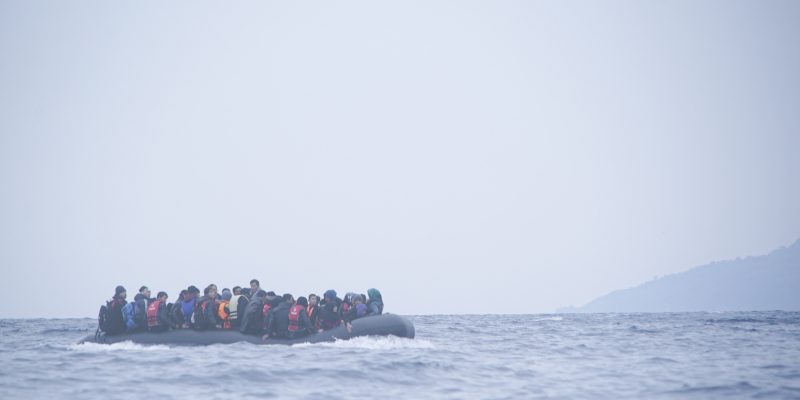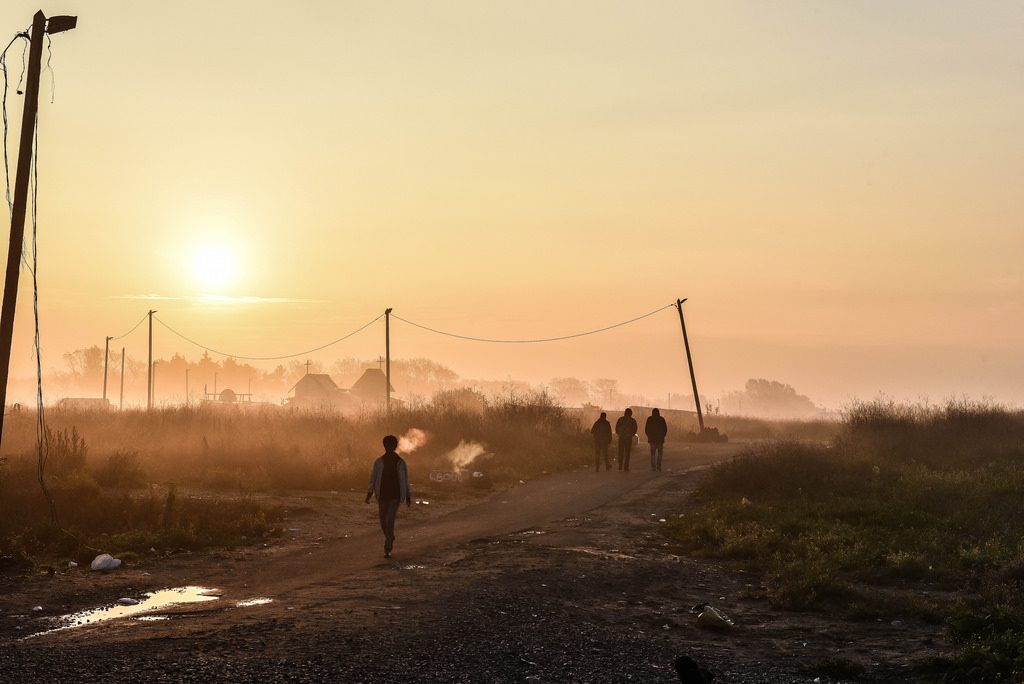1) Deaths at sea and Europe’s responsibilities
Two more boats have capsized off the coast of Libya, officially making 2016 the deadliest year on record in the Mediterranean Sea. The latest shipwreck brings the toll of dead and missing to 4,220.
A true genocide, in the words of Giusi Nicolini, the mayor of Lampedusa.
And the responsibilities for this massacre lie with European leaders and their misguided policies, according to the MEDMIG report: read Lizzie Dearden’s article in the Independent.
2) New maps show the fragmented journeys of migrants to Europe
The MEDMIG research illustrates the many routes taken by migrants in their journey to Europe, all of them long, difficult and dangerous. Read the article by the authors Nando Sigona, Heaven Crawley and Frank Duvell in Conversation.
3) Europe’s approach to fighting illegal trafficking of migrants between Italy and Libya
Meanwhile, the second part of “Sophia” – code name for the EU operation Eunavfor Med, launched in June 2015 to dismantle the illegal traffic of migrants between Libya and Italy. The Italian navy is now going to train Libya’s coast guard in search and rescue operations, in an effort to prevent more deaths in the Mediterranean. Giacomo Zandonini writes about it in Repubblica, while also criticizing some aspects of the EU approach.
4) The hotspot approach in Italy and Europe’s responsibilities
Even for those who do manage to arrive in Italy, things are not much better. The new report by Amnesty International explains how EU policies are fuelling violations of the rights of refugees and migrants, taking Italy as an example and accusing it of appalling abuses to migrants, from instances of violence and torture in the so-called hotspots to the practice of illegal deportation. Read Patrick Kingsley’s article in the Guardian (as well as Open Migration’s in-depth analysis by Marina Petrillo).
5) Solidarity in Italy
There is, however, another side of Italy, like the people in Milan who threw a party (featuring a pasta lunch, obviously) to welcome refugees in their city. A tale of solidarity that has made headlines around the world – you can read about it in Repubblica and the Washington Post.
6) After Calais, Paris – but what next?
The evacuation of the Calais camp has been completed, amid lingering controversies and concerns over the future of its former residents, especially unaccompanied minors – and nothing remains of the “jungle”. Predictably, however, the crisis has not been solved, merely shifted to other locations.
The situation has led the New York Times to write “Paris is the new Calais” (and new evacuations are already underway).
7) The sad plight of Afghan refugees
It’s a tough life for Afghan refugees. Not only in Europe, where they are now treated as second-class refugees, but also in Pakistan and Iraq. In both continents, thousands and thousands of Afghans are facing forced deportation to their home country, still torn by war and largely unknown to many of them. On the dire consequences of deportation, read the articles in the Guardian and the New York Times.
8) The “Afghan Girl”, a symbol once again
The “Afghan Girl” who was photographed and made famous by Steve McCurry thirty years ago is making headlines again.
In 1985, the photograph of Sharbat Gula on the cover of National Geographic made her the young spokesperson for millions of Afghan refugees in Pakistan. Now she has been arrested for obtaining a fake Pakistani ID and will be soon deported, becoming again an unwilling symbol of the plight of Afghan refugees. As Refugees Deeply wrote, even fame couldn’t shield her from Pakistan’s refugee clampdown. Read the op-ed in the Guardian by Steve McCurry himself.
9) Australia’s shocking proposal: a permanent ban on migrants
Things are getting worse in Australia. After the global scandal of the “open-air prisons” for migrants on Nauru and Manus, the government already known for its hard-line policies has proposed a total and permanent ban on undocumented migrants. Naturally, experts and human rights organizations are already protesting it. Read the articles in the Guardian, Vice US and Internazionale.
10) The consequences of the US presidential election on the global refugee crisis
As the US presidential election nears, the outcome appears still uncertain: who will win, Democratic Party nominee Hillary Clinton or Republican Party nominee Donald Trump?
Obviously, the election of the new President of the United States will have far-reaching consequences for the entire world, and this also applies to the global refugee crisis. Refugees Deeply launched an expert discussion to explain how a Clinton or a Trump presidency would shape America’s policy towards refugees and impact global efforts to address the refugee crisis.
Translation by Francesco Graziosi.
HEADER PHOTO:










